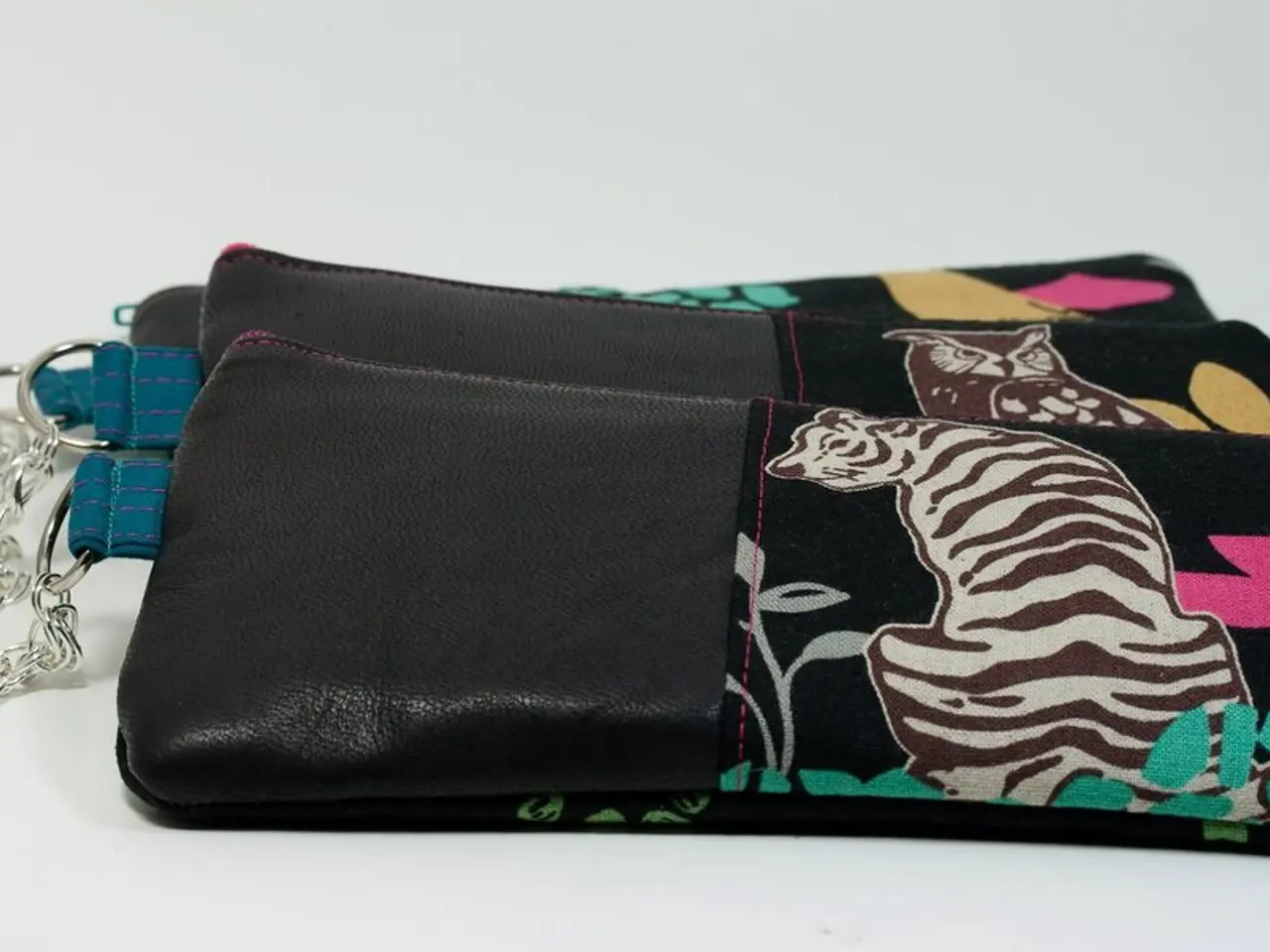JPMorgan's Data Sharing Arrangement: Insights from Plaid's Point of View
JPMorgan Chase and Plaid Renew Data Access Agreement
In a significant move for the financial technology (fintech) industry, JPMorgan Chase (JPMC) and Plaid have renewed their data access agreement. The new deal, which covers all types of data sharing, including payments, could set a precedent for future open banking in the US.
The renewed agreement comes amidst ongoing discussions about charging for data access. While there are multiple viewpoints on what this should look like, JPMC initially signaled in July that it plans to charge aggregators to access consumer data. The pricing structure outlined in the JPMC and Plaid agreement could potentially affect smaller players and consumers in the future.
Plaid's COO, Eric Sager, emphasized the firm's commitment to preserving the consumer experience in collaboration with JPMC. Both parties have pledged joint investment in innovation and technology to make data sharing faster, safer, and more efficient. The renewed agreement also sets commitments from both sides to ensure consumers can access their data securely.
The approval for updating the data access agreement was received by Plaid from the relevant regulatory or executive authorities involved in the agreement. This renewed agreement includes a new pricing structure, with Plaid now paying JPMC to facilitate data access for its fintech clients.
Despite the changes, Plaid's existing JPMC customers can continue to access fintech services without disruption. The current contracts and customer fees between Plaid and JPMC remain unchanged.
The CFPB's 1033 rulemaking is still in flux, and the renewed deal between JPMC and Plaid could influence its outcome. Plaid will continue to advocate for consumer data rights in the CFPB's 1033 rulemaking.
The renewed agreement between JPMC and Plaid may serve as a template and a test case for future open banking in the US. It's likely to impact not only data sharing but also payment initiation and monetization. This agreement, therefore, has the potential to shape the next phase of open banking in the US.
The renewed deal involves multiple stakeholders, including banks, fintechs, aggregators, and end consumers. There have been many conversations on both sides of the debate regarding why or why not banks should charge for data access. The outcome of this agreement could provide valuable insights for future negotiations.
In conclusion, the renewed agreement between JPMorgan Chase and Plaid is a significant step forward for the fintech industry. It underscores the importance of collaboration, innovation, and consumer protection in the digital age. As open banking continues to evolve, it will be interesting to see how this agreement influences future deals and regulations.







